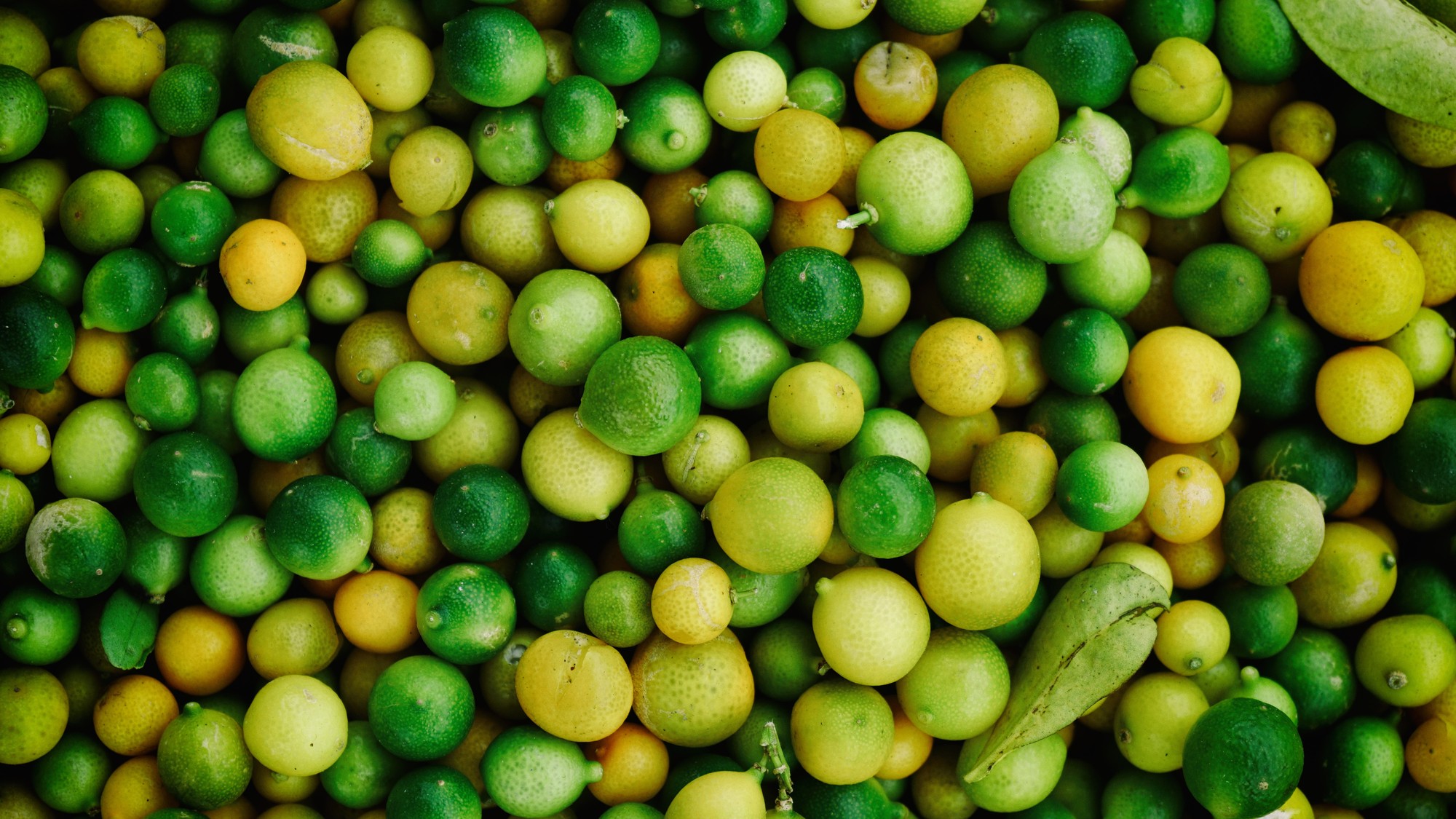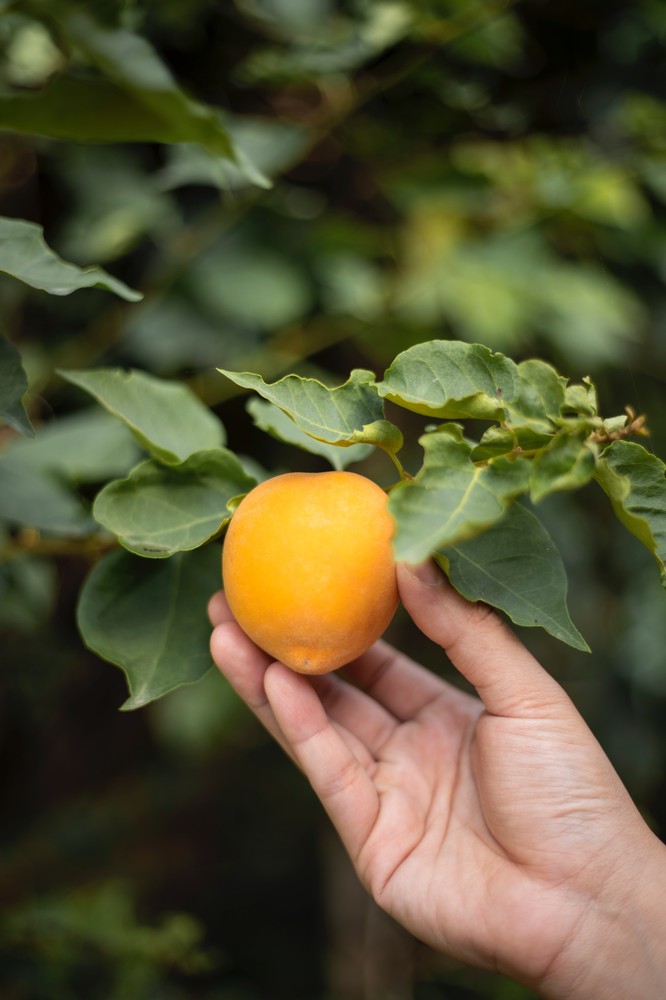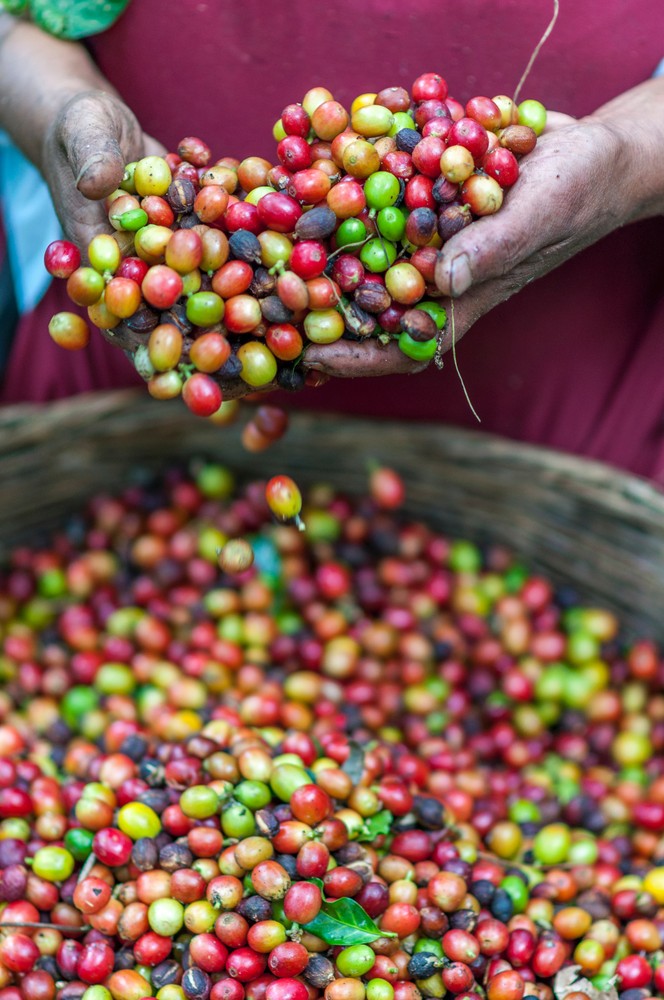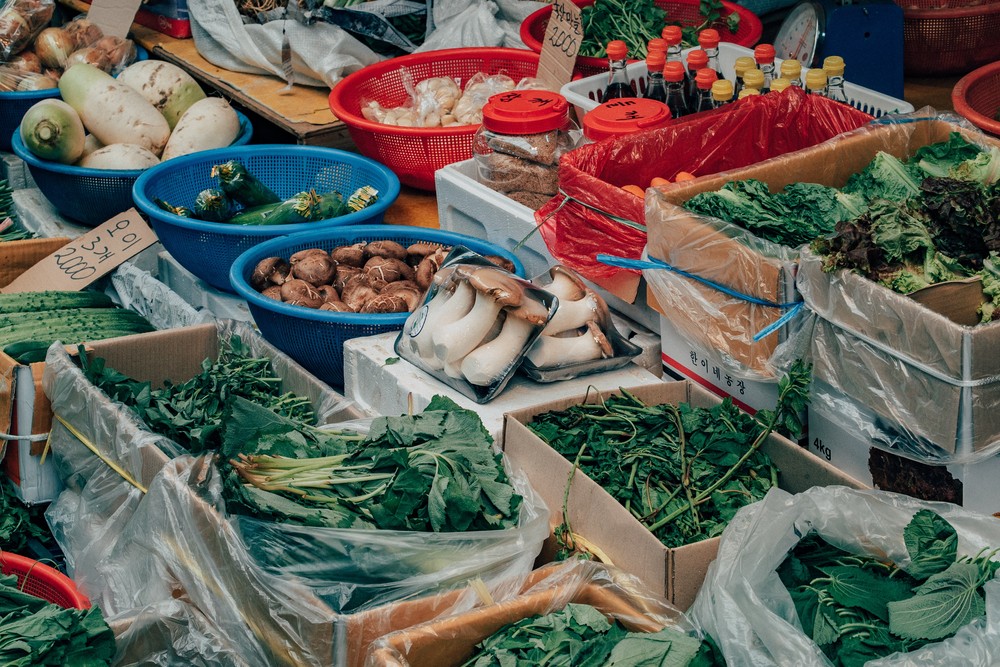
Shifting to healthy and sustainable consumption patterns
Swissnex in Brazil and the Science Office of the Swiss Embassy in Seoul joined forces to convene a trilateral dialogue with experts, entrepreneurs and innovators from Brazil, South Korea and Switzerland within the United Nations Food Systems Summit. The exchange aimed to inspire solutions-oriented initiatives to raise awareness, modify consumer behavior, and propose new practices to transition to a more sustainable production and consumption.

The online event offered multiple perspectives on the topic through three thematic sessions

Thematic session 1: Cross-borders context
Food waste prevention and reduction are issues to be tackled by worldwide collaboration. To be effective, such initiatives must be based on appropriate public policies and adapted to geographical specificities and wealth conditions. But what is still missing? And how to build this bridge? Speakers from the ETH Competence Center World Food System, the World Food Program Korea Office and the Brazilian Research Network on Food and Nutritional Sovereignty and Security presented current initiatives and programs in their respective countries.

Themathic session 2: Collaborative approach
The power of collaboration across the private sector, government, media and NGOs is key to systematically addressing food waste, creating shared value and convincing stakeholders to be agents of change. Representatives from the Good Food Institute Brazil, CJ Food South Korea and the Integrative Food and Nutrition Center of the EPFL shared their experience on facing the challenges through a holistic perspective, food alternatives, stewardship and change in attitudes.

Thematic session 3: Innovation cases and the role of technology
Startups Livup (Brazil), Nuvilabs (South Korea) and Planted (Switzerland) showcased their solutions to provide innovative food as viable alternatives to industry standards. They presented business models on sustainable food consumption, and how they promote consumer education to tackle food waste accounting for different age ranges, cultural backgrounds and accessibility.
The presentations were followed by an exchange between the speakers and the audience. One of the key observations was that a global and broader approach is needed, as well as an acknowledgement that there is a long way to go to eradicate or even just significantly diminish food waste. And yet, this event demonstrated that joining the knowledge, talent and the will for change of representatives of the food industries in Brazil, the Republic of Korea, and Switzerland, may be a promising milestone for translating ideas into actions and impactful results.